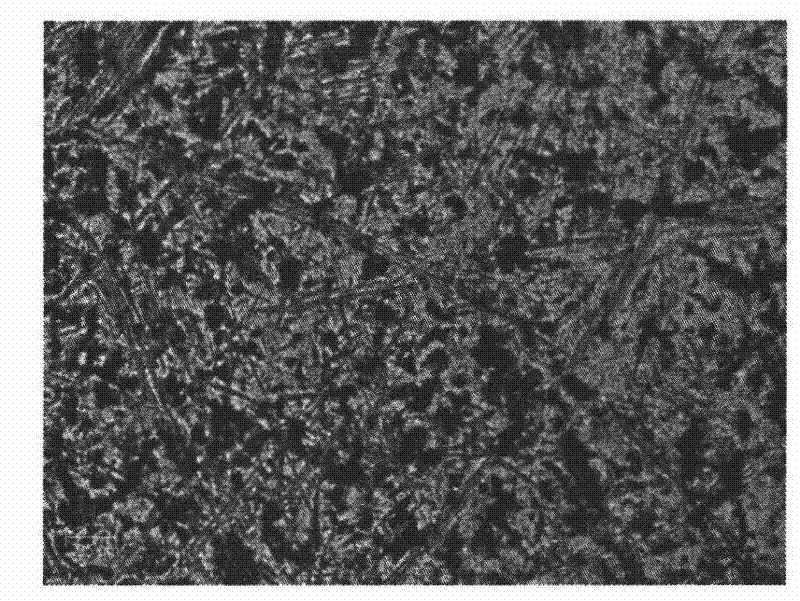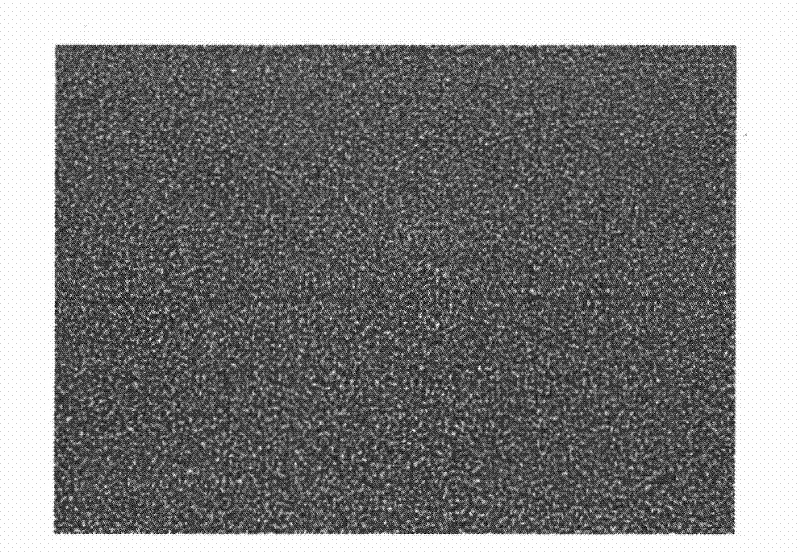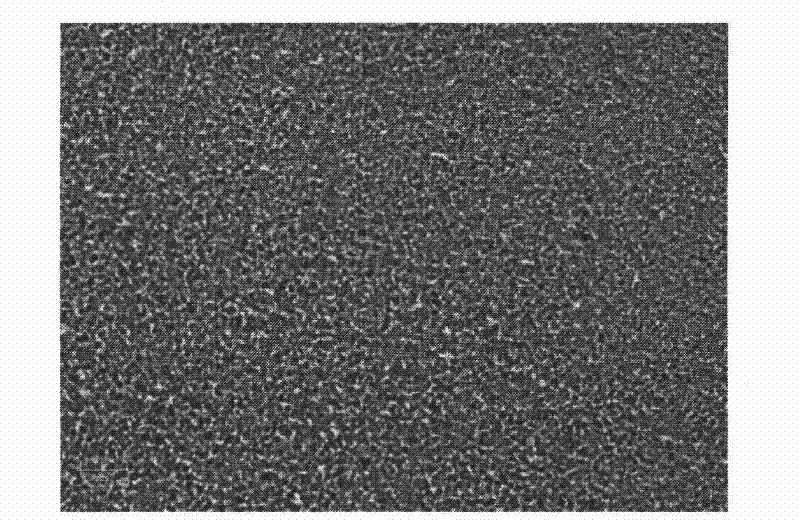Method for anodizing and coloring surface of fluorine-free and environment-friendly titanium alloy
Anodizing, titanium alloy technology, applied in surface reaction electrolytic coatings, electrolytic coatings, coatings, etc., to achieve the effects of easy maintenance, good adhesion and corrosion resistance, and good practical application prospects
- Summary
- Abstract
- Description
- Claims
- Application Information
AI Technical Summary
Problems solved by technology
Method used
Image
Examples
Embodiment 1
[0035] 1) Alkaline washing and degreasing: at room temperature, add sodium carbonate (20g), sodium phosphate (20g) and sodium silicate (10g) in sequence to 1L deionized aqueous solution, and heat to 70°C after the dissolution is complete. The TC4 titanium alloy workpiece of 10mm×10mm×2mm was placed in the alkaline cleaning solution and continued to be stirred ultrasonically. After being treated for 15 minutes, it was taken out, washed with flowing deionized water for 2 minutes, and dried naturally. Optical microscope observation of its surface metallographic structure as figure 1 shown. It can be seen from the figure that the surface of the titanium alloy workpiece is rough, uneven, and there are scratches.
[0036] 2) Electropolishing: At room temperature, add 110mL glacial acetic acid (99.5%, mass percent), 140mL perchloric acid (70-72%, mass percent) and 1.5g sodium perchlorate to prepare an electrolytic polishing solution in a 250mL beaker. ; Put the titanium alloy workp...
Embodiment 2
[0049] 1) Alkaline washing and degreasing: at room temperature, add sodium carbonate (20g), sodium phosphate (20g), sodium silicate (15g) in sequence to 1L deionized aqueous solution, heat to 70°C after the dissolution is complete, and TC4 titanium alloy The actual product is put into the alkaline cleaning solution and continuously stirred by ultrasonic wave, after being treated for 15 minutes, it is taken out, and washed with flowing deionized water for 2 minutes.
[0050] 2) Electrolytic polishing: at 25°C, put the titanium alloy workpiece after alkali washing and degreasing treatment into the electrolytic polishing solution of Example 1, with the workpiece as the anode and the lead plate as the cathode, apply 75A·dm -2 Take it out after energizing for 6 minutes, and wash it with flowing deionized water for 2 minutes.
[0051] 3) Anodic oxidation coloring: at 25°C, add 55g of sodium phosphate, 30g of sodium silicate, 15g of tartaric acid, and 5g of glycerol in 800mL of deion...
Embodiment 3
[0061] 1) Alkali washing and degreasing: with embodiment 2.
[0062] 2) Electropolishing: at 20°C, in a 250mL beaker, add 110mL of glacial acetic acid (content ≥ 99.5%), 140mL of perchloric acid (70-72%) and 1g of sodium perchlorate to prepare an electropolishing solution; Put the titanium alloy workpiece after alkali cleaning and degreasing treatment into the polishing electrolyte, use the workpiece as the anode and the stainless steel plate as the cathode, and apply 60A·dm -2 Electric current, power on for 5 minutes, take it out, and wash it with flowing deionized water for 2 minutes.
[0063] 3) Anodic oxidation coloring: at 25°C, add 50g of sodium phosphate, 40g of sodium silicate, 10g of tartaric acid, and 2g of glycerol in 800mL of deionized aqueous solution with stirring, then add deionized water to 1L after fully dissolving Prepared as an anodic oxidation coloring solution. Put the titanium alloy workpiece after the above treatment into this solution, use stainless s...
PUM
 Login to View More
Login to View More Abstract
Description
Claims
Application Information
 Login to View More
Login to View More - R&D
- Intellectual Property
- Life Sciences
- Materials
- Tech Scout
- Unparalleled Data Quality
- Higher Quality Content
- 60% Fewer Hallucinations
Browse by: Latest US Patents, China's latest patents, Technical Efficacy Thesaurus, Application Domain, Technology Topic, Popular Technical Reports.
© 2025 PatSnap. All rights reserved.Legal|Privacy policy|Modern Slavery Act Transparency Statement|Sitemap|About US| Contact US: help@patsnap.com



